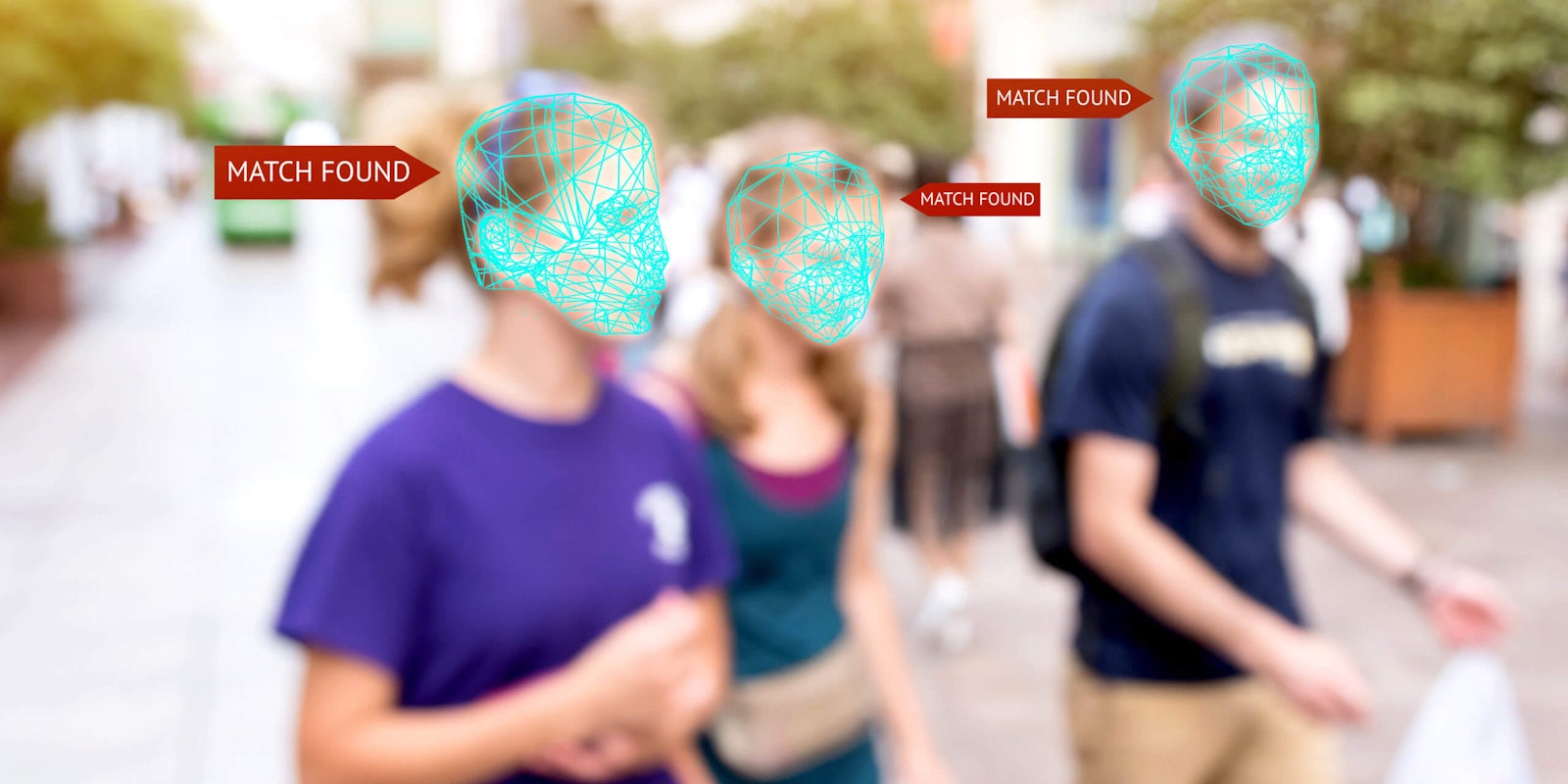More than 150 faculty members from universities across the country have signed an open letter calling for facial recognition technology to be barred from college campuses.
The letter echoes a push by digital rights group Fight for the Future and Students for a Sensible Drug Policy where students have called for their schools to go on record whether they plan to use the technology.
The professor and faculty letter was published today and signed by more than 150 faculty members, staff, researchers, and others with academic positions at schools like Harvard University, Michigan State University, Massachusetts Institute of Technology, UCLA, the University of Notre Dame, UNC-Chappel Hill, and Brown University, among many others.
“We are a group of academic faculty and staff who oppose the use of facial recognition on college campuses,” the letter reads. “We believe it is our duty to protect our campuses as learning environments where our students, fellow staff, and community members are safe, and that the constant surveillance of facial recognition threatens our human rights and privacy.”
In the letter, the signers highlight the technology’s racial bias, how biometric data collected could be a target for hackers, and school-specific instances where the technology could cause problems.
“The problems with the technology outlined above remain true regardless of how it’s implemented. There is no safe way to deploy facial recognition technology, which is why leading technology and human rights experts have called for it to be banned,” they wrote in the letter, adding: “We want to lend our support to students organizing to keep facial recognition off of our campuses. Students should not have to trade their right to safety and privacy for an education. Since facial recognition technology poses too many threats that cannot be avoided, it should not be used at all.”
READ MORE:
- More than 40 colleges say they won’t use facial recognition on campus
- Can a lawsuit in Illinois stop a dangerous new facial recognition app?
- UCLA drops plans to use facial recognition after pushback
- Activists launch new effort to kick facial recognition out of schools


